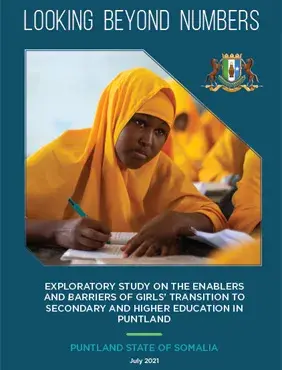It is widely accepted that education greatly benefits individuals and countries and is one of the most effective development investments nations and their partners can make (USAID, 2018). Education helps catalyze economic growth of a country by building human capital (Abuya et al., 2014). Countries with a higher number of educated individuals are more likely to be politically stable, have better life expectancy rates and significant improvements in health (USAID, 2018). Educating girls and boys produces similar outputs in terms of their subsequent earnings and future opportunities, however educating girls results in greater socioeconomic gains, which benefit entire communities (Fancy, 2012).
The level of education is an important characteristic, as it affects behavior, including health-related behaviors and choices made in relation to reproduction, contraceptive use, child health, and hygiene. Access to education is considered a human right that inherently influences the development of a country. It is one of the key national responses that would guarantee children from different backgrounds equal access to better lives as they grow up. Majority of the Somali women are yet to enjoy the benefits of formal education, which is known as an equalizer for people of different socioeconomic backgrounds (PLHDS, 2020).


